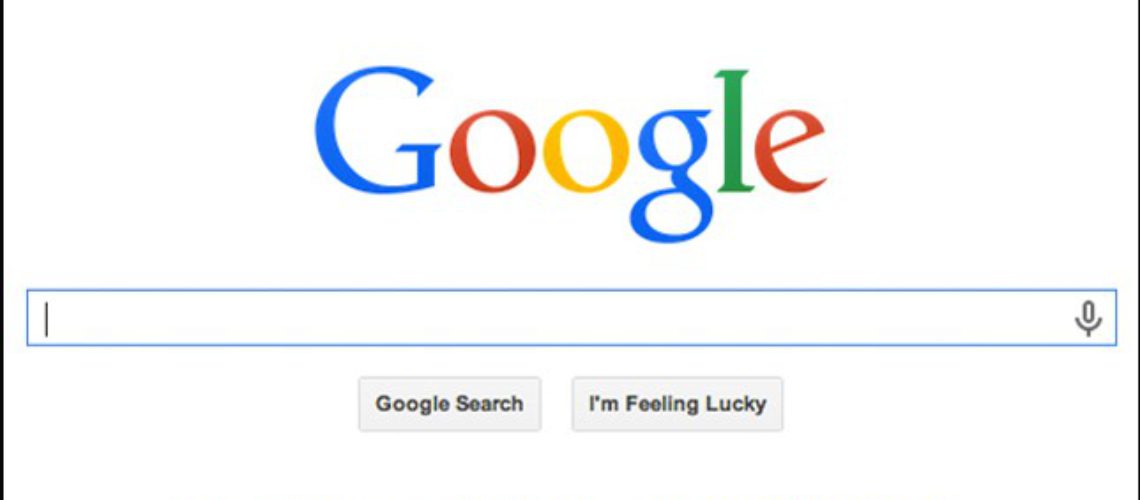Malvertising campaigns have turned into a huge issue for both organizations and users. Malvertising stands for malicious advertising and is employed to spread malware across the web. Even though it is considered a relatively new method of malware distribution, it has proven to be very efficient and hard to beat.
The HTTPS Everywhere Initiative
In that relation, Google has disclosed its plans to start encrypting most ads on the search engine starting the end of June. The decision is part of the HTTPS Everywhere initiative and is aimed at a prevalent amount of mobile, video and desktop ads delivered to the Google Display Network, AdMob and DoubleClick.
Encryption About to Change Online Ads Principles
Another promise the giant has made concerns AdWords and DoubleClick – the platforms will also be HTTPS-encrypted.
Google has already done that to the YouTube ads at the end of 2014. By doing so, advertisers from all around the world can improve user safety and make the Internet a more secure place.
More Companies to Join the Effort
Surely enough, Google is not the only company to take these actions. The Interactive Advertising Bureau (IAB) has also joined the initiative and plans to embrace HTTPS ads, followed by many other industry professionals.
The HTTPS Everywhere initiative will unite ad-targeted endeavors such as ‘Why This Ad?’, ‘Mute This Ad’, and TrueView.
The ad decision is just a small chunk of Google’s current promotion of web encryption. HTTPS encryption is also expected for Search, Gmail, and Google Drive.

